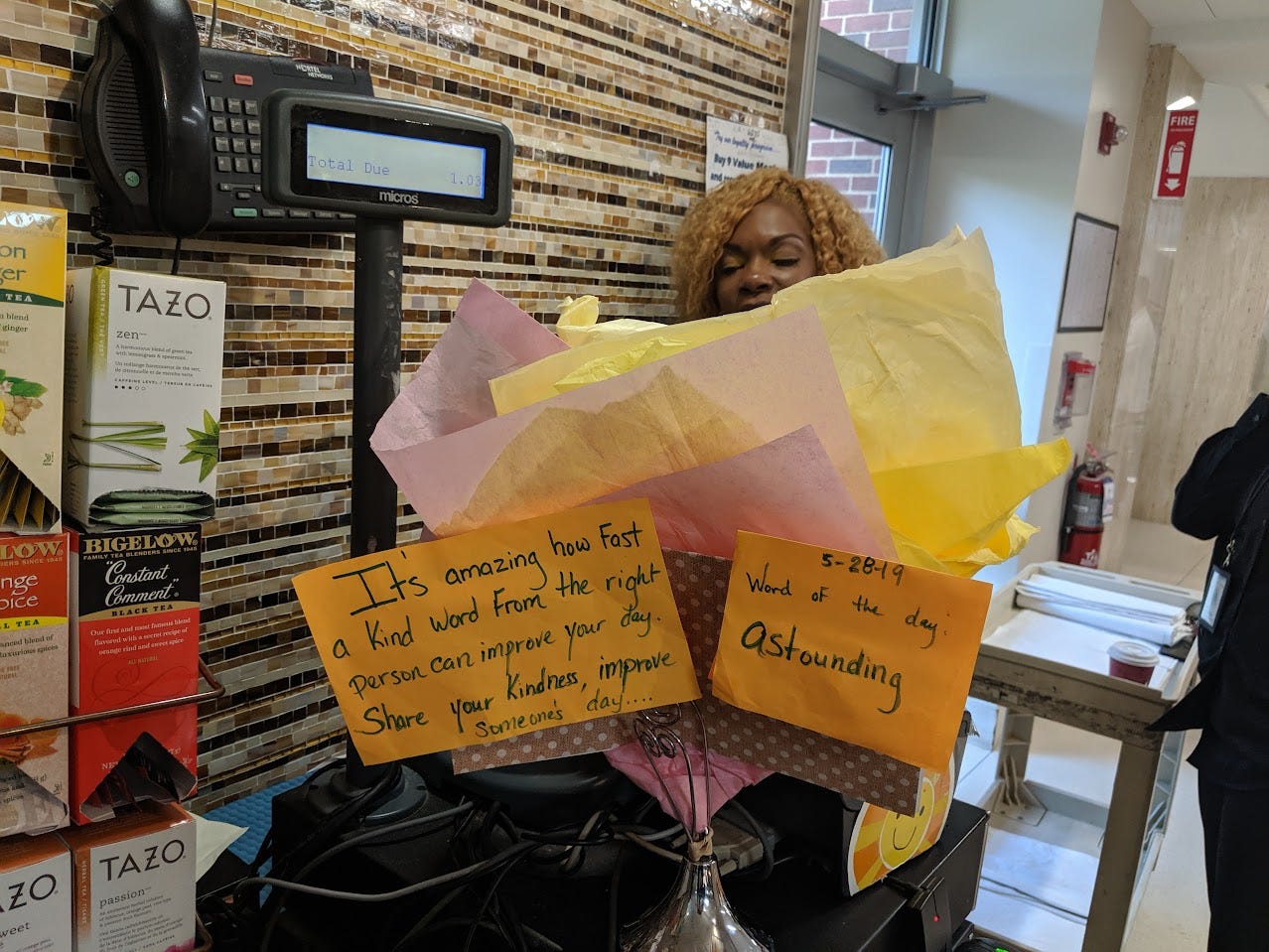“If in our daily life, if we can smile, if we can be peaceful and happy, not only we, but everyone will profit from it. This is the most basic kind of peace work.”
-Thich Nhat Hahn
Half-time doctor, half-time activist
About 10 months ago, I moved to Hawaii with my girlfriend. My goal was to start a new chapter of life which was more aligned with what I saw as my purpose. My plan was to work as a doctor half-time. The other half of my time, I wanted to help the environment in some way.
Over the past decade-and-a-half, while busy with medical training, I harbored a low-level, simmering resentment at the way we humans were harming the planet. I wanted to shift the direction that our ship was going. I did not know what form this would take.
Over the course of the prior months, I did different somethings. I volunteered on farms. I went to meetings. I talked to lots of people doing all sorts of things: waste management, regenerative agriculture, brewing delicious beverages from food that would go to waste.
Yesterday, a patient of mine told me about her job, working on restoring coral reefs.
“Thank you for doing what you do,” I said.
“Thank you for doing what you do,” she said.
It was a brief exchange, but it got me thinking. Maybe being a doctor was also a form of activism. Maybe there was no clear line in the sand where environmentalism stopped and medicine started…
Two days ago, I donned a clown nose and gathered my neighbors around in a circle. We chose some cards from a deck. My card was this one:
“My definition of activism is changing,” I said “When we moved into this neighborhood, you gave us some potato salad and smoked pig,” I said to one of my neighbors. “This made us feel welcome. It was a form of activism.”
I showed everyone in the group a bumper sticker I had just put on my car:
Spreading love, in daily life, is activism.
At the hospital where I used to work, there was a cashier who would play music and have inspirational quotes prominently displayed. She spread good vibes to all her customers. This, too, was a form of activism. She was being an activist while being a cashier.
My patient said that while she loves her job restoring coral reefs, this is only one part of the puzzle. To protect corals, we need policies that prevent their destruction. For example, policies to stop run-off into the water.
The way I see environmental activism now, is through the lens of interbeing, a word coined by Thich Naht Hanh. There is direct environmental activism: things like restoring coral reefs or improving the soil. Then there’s more indirect activism, like bringing food to your new neighbor or smiling to people in your job as a cashier.
There may be downsides, actual environmental damage, that comes as a consequence of even these activities. Yet these things are the best we can do. Doing nothing, and sitting paralyzed in a depression won’t help anything. To make an omelette, you have to break some eggs. Perfectionism is paralyzing.
Karmic Footprint
In his book Zen and the Art of Saving the Planet, Thich Naht Hanh talks about a “karmic footprint.” He says that the idea of a permanent, immortal soul is not in line with either buddhism or science. Yet the idea of total annihilation after death isn’t true, either. In every moment, we are changing, being reborn. After death, it’s the same.
The things we set in motion during the course of our lives ripple into the future. These things are our karmic footprint.
Throughout the course of our lives, we produce thoughts, words, actions. By becoming more aware, we can generate more loving thoughts, words and actions. In this way, we can generate a more healthy karmic footprint.
The author Dougald Hine points to an extractive, separated sort of thinking that got us into our environmental predicament. Reducing CO2 emissions alone won’t get us to a regenerative future, he says. We need to change the way we think, the way we see and relate to the world. The future we create is borne out of our worldview. The most fundamental form of activism, then, is working on ourselves.
Interbeing
I know ecologists who are not happy in their relationships. They work very hard to protect the environment, and it has become an escape from their partners. But, if someone is not happy with themselves, how can they help the environment? …The insight of interbeing has the power to wake us up.
-Thich Nhat Hahn
The insight of interbeing can be stated as: everything is a part of the environment. Including us humans.
The environment is not “out there.” We are the environment as much as honeybees. And so, anything that helps either humans or non-humans is activist work.
Activism can be as small and quiet as thinking a loving thought. Or taking a breath and smiling.
Try this simple meditation from Thich Naht Hanh:
Breathing in, I calm my body
Breathing out, I smile
Dwelling in the present moment
I know this is a wonderful moment
Read each line while taking a breath in or out. How does it feel? Are you slightly calmer, happier? If yes, then you are doing activist work!
Sitting here in the early morning light, listening to the birds chirp, reflecting on my last 10 months, and looking forward into the future, I see my 50-50 schedule of doctor work and activist work as less split, and more integrated.
Breathing in and calming my body is activist work. Breathing out and smiling, is activist work too.
It’s all activist work.






